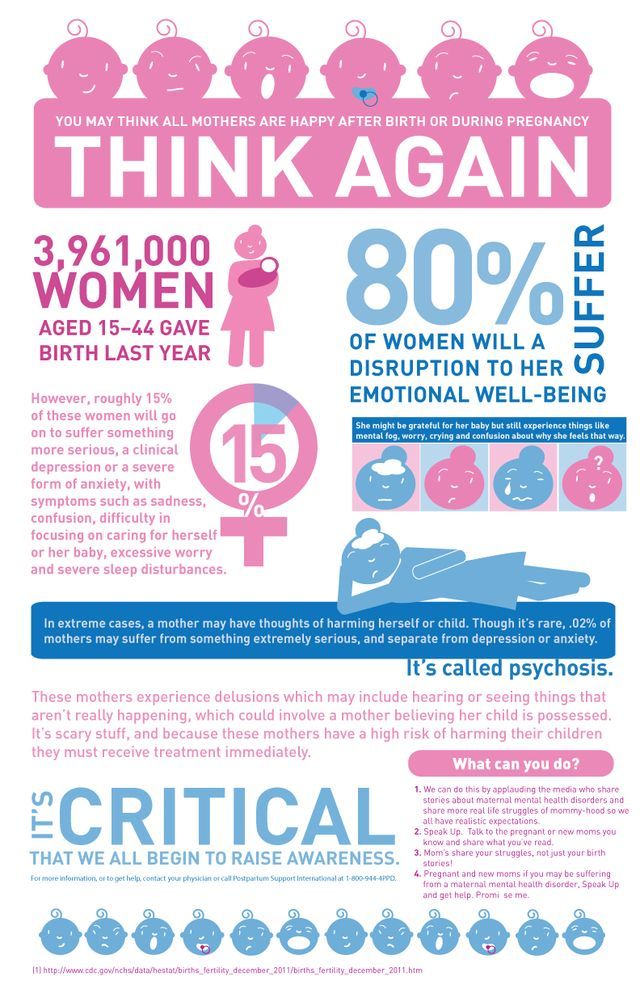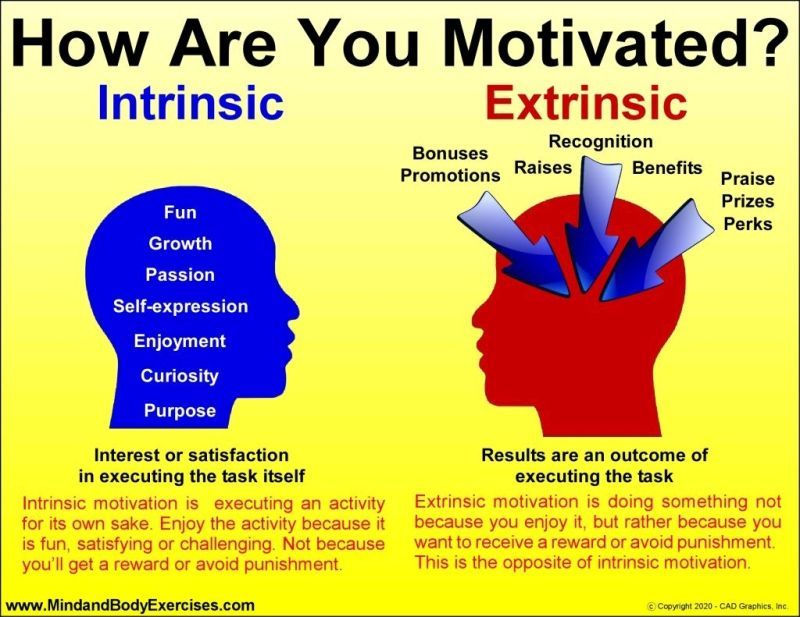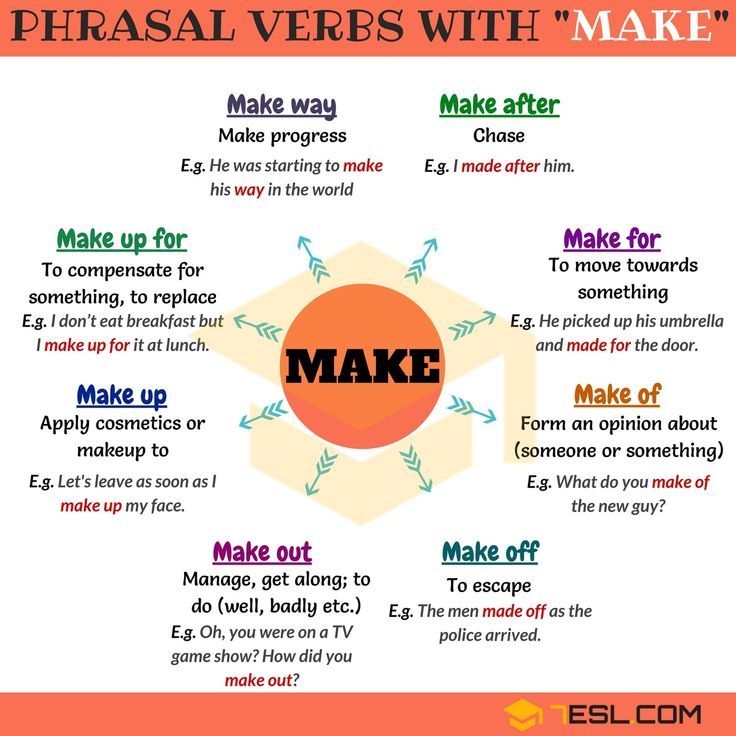How to find the work you love
How To Find Work You Love -- And Why Most People Don't Try
When kids are very little we tell them "Be whoever you want to be!" but as kids get older, the message changes.
By the time most kids are in middle school, the adults around them have begun teaching them to be practical. Little by little kids stop believing that their grandest dreams can come true.
Watch on Forbes:
Some kids grow up without losing their faith in themselves — or their belief that they can accomplish whatever they want to accomplish and become whoever they want to be. What's different about those kids?
Maybe the kids who hang onto their dreams have support from their family members, who tell them not to give up on their most audacious plans.
Maybe they faced adversity early on and overcame it, learning in the process that most of the obstacles we face are not as formidable as we have been led to believe they are.
Maybe the kids who never give up on their dreams are kids who just don't care what other people think. It takes guts to depart from the standard path: Go to school, get good grades, find a good job and keep it whether you like the job, or not.
It takes courage to say "I want to make my own path!"
At any working age it is possible to move closer to your dreams, find work that celebrates you, and run your career like the business it is.
Your career is a business just as surely as any multinational corporation is. It is your ship to steer — but only if you know how much power you possess!
The first step in finding work that will ask more of you — making use of your talents, personality and passion — and also give you back more than a paycheck is to give yourself permission to dream again.
As adults we can feel foolish or exposed when we allow ourselves to dream really big -- the way we used to do when we were kids. But without a big dream to follow, how could anyone take the big steps that will move them into the life and career they want?
The first step is to give yourself permission to create a vision for your life and career.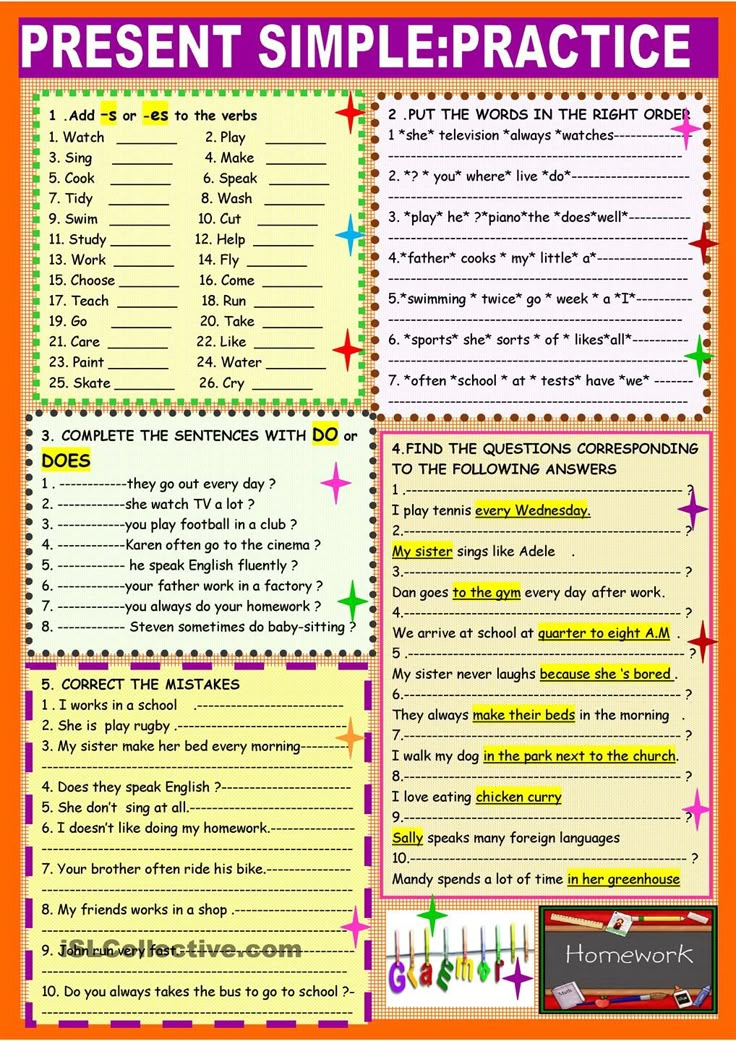
I'm not talking about setting goals — that comes much later. In the absence of a vision for your life, goals are nothing more than items on your to-do list. To find work you love, you have to get outside your comfort zone and create a vision for your life and career.
Here's how to do it:
1. Get a journal and start writing in it. Write about what you want in your life and career. Don't censor yourself. If you want to act in the movies, write it down. Many famous actors started acting later in their lives — here's a list of some of them. If you want to run a business, explore your creative side, have more money or change your location - write it down!
2. Accept and embrace the fact that everything that has happened in your life so far was meant to happen just as it did. When we complain about our circumstances (stupid job, bad boss, etc.) and look at our current situation as hopeless, embarrassing or less than we deserve, we create our own obstacles to success. Successful people can say "I don't like my life right now. Oh well - that's okay. I'm not a victim of it. I can change it. Everything happens for a reason. Maybe the hardships I've experienced needed to happen so that I could finally focus on changing my life for the better."
Oh well - that's okay. I'm not a victim of it. I can change it. Everything happens for a reason. Maybe the hardships I've experienced needed to happen so that I could finally focus on changing my life for the better."
3. Spell out your vision for your life in as much detail as you can. "One day I want to work on Wall Street" is not a vision. Get very granular. I tell my students to picture the clothes they'll be wearing when they walk onstage to accept the award they earned for whatever great achievement they have in mind. Picture the auditorium, the audience and the person who presents you with the award. The more clearly you see your own future, the easier it will be for you to steer in the direction you want.
4. Recognize that the reason most of us don't shoot for our dreams is that it's scary to do so. We may have people around us saying "Who do you think you are? You're no one special. Who are you to have big dreams?" Those people don't deserve to be part of your vision.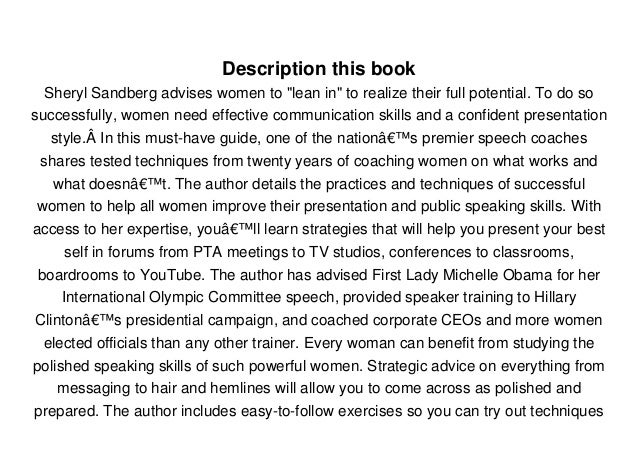 Don't tell anyone about your plans except for people who support you in your quest. You might decide to tell no one about your vision, and that's fine.
Don't tell anyone about your plans except for people who support you in your quest. You might decide to tell no one about your vision, and that's fine.
5. As your vision takes shape, look at its place in your life from altitude — that is, with perspective. The first response our fearful brains serve up when we create a grand vision is "That vision is impractical! It would take you years to reach it!" So what? That's all we have — years. We have time, or at least we hope to. What else would we do with our time apart from working toward our vision? Get up above your day-to-day struggles and see your path going back to your birth and stretching out to the horizon. Once you see it, you can take your path wherever you want it to go!
6. Now, put together a plan to move into the career and life you want. Lay out the steps. Some of them will be short-term objectives. Some will take longer. Here's an example to guide you.
Monica is a medical office director. She makes good money considering that she doesn't have a bachelor's degree, but she's not happy in her job. Her physicians are impatient and unappreciative and she doesn't like the way her practice treats its patients.
Her physicians are impatient and unappreciative and she doesn't like the way her practice treats its patients.
Monica realizes over time that she's wasting her gifts keeping her medical practice running smoothly. For a few years she's been hoping that someone or something would swoop in and save her.
Gradually it dawns on Monica that if anyone is going to save her, it's going to be Monica herself.
Monica gives herself permission to dream big, the way she did when she was little.
When she was a kid Monica was crazy about horses. She didn't love horseback riding lessons, but she loved hanging around with horses. Monica could see that horses held a special place in her heart.
She would love to work with horses as a job, somehow — but how?
"What possible qualifications do I have to work with horses?" Monica's fearful brain asked her.
"Pipe down," Monica told her brain. "The key is to take a step in the direction of my dream, rather than dismissing it as foolish.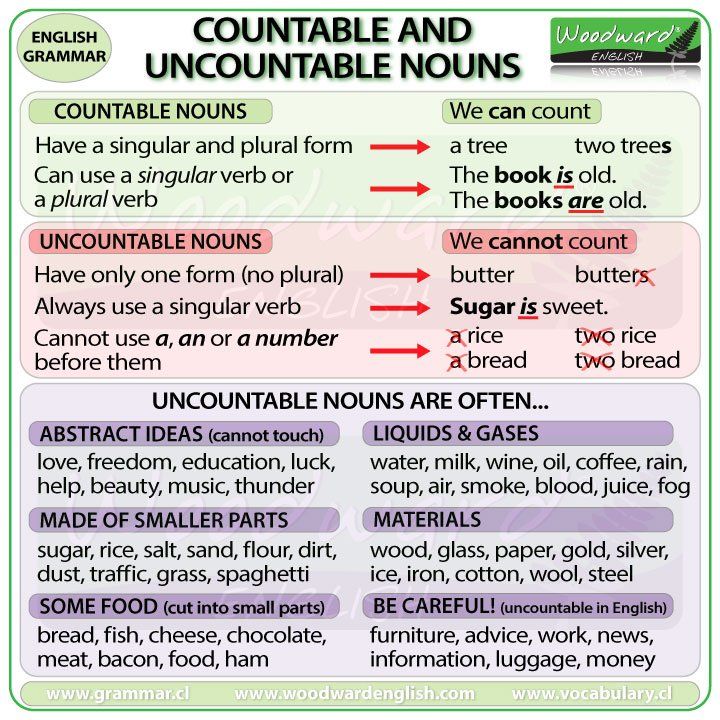 "
"
Monica started researching organizations related to horses.
She was amazed how many organizations she found.
Monica took a step and joined the Board of Directors of a not-for-profit agency that raised money to buy wild mustangs that had been rounded up and removed from their habitat, and found them new homes with loving caretakers.
Monica had never been on a not-for-profit Board before. She was almost silent at the first few Board meetings, but gradually her confidence grew.
Subscribe To The Forbes Careers Newsletter
Sign up here to get top career advice delivered straight to your inbox every week.
Monica was shocked to see how just being a Board member reignited her passion for horses.
She decided to finish her bachelor's degree, emphasizing finance and fund-raising. By the time Monica graduated from night school two years later, she was president of the Board of Directors and had helped to raise over $150,000 to find homes for mustangs.
In her volunteer work Monica felt strong and capable. As president of the Board Monica talked to local CEOs almost every day. "My day job sucks my energy away," Monica realized, "but my unpaid night job builds my energy up!"
As president of the Board Monica talked to local CEOs almost every day. "My day job sucks my energy away," Monica realized, "but my unpaid night job builds my energy up!"
Four months after walking across the stage to accept her diploma, Monica accepted a job as Executive Director for a new not-for-profit organization devoted to advocacy for wild mustangs. Monica helped to found the organization and when the Board launched its search for an E.D., they say "Monica, you are the obvious choice!"
Monica started her new job on her 51st birthday, but her journey had begun the day she realized she was miserable in her medical practice job, three years earlier.
You can do the same thing Monica did. You can step through the fear that keeps most people stuck in unhappy work situations. You can give yourself permission to dream again, the way you did when you were tiny.
It's your life. No one else gets to decide how you invest your time and talents. You are steering the ship — but only if you know how much power you have!
6 Ways to Find and Do Work You Love
According to a Gallup State of the Global Workplace survey of people in 142 countries, only 13% of people are engaged at work.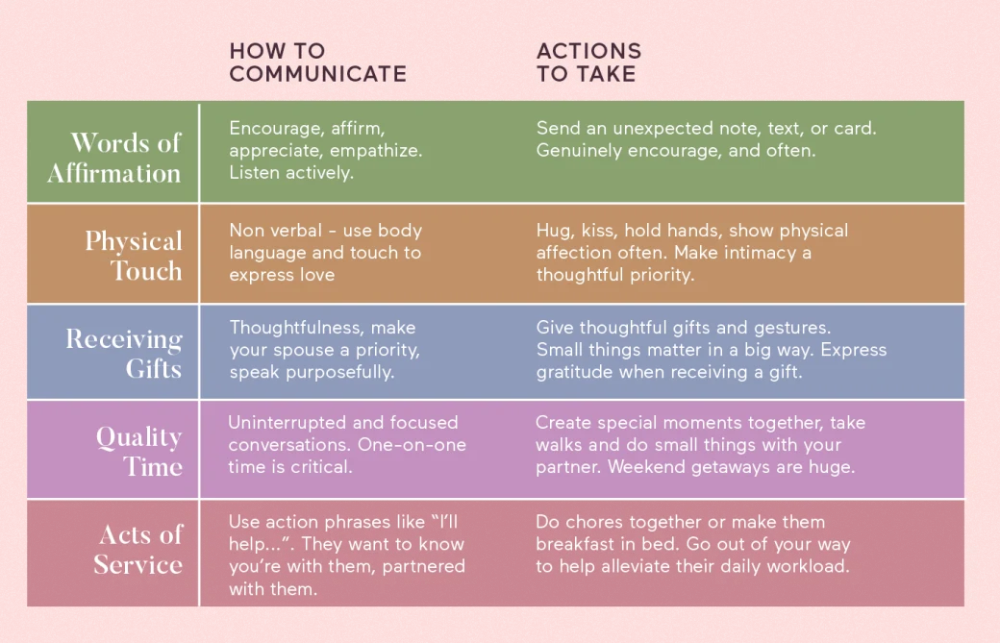 That’s a tragedy. Many of us spend more hours working than we spend doing anything else, so shouldn’t we aspire to find and do work that we love? Shouldn’t we strive to do fulfilling work? How would the world be different if the large majority of people loved their work? Would we be more productive and innovative during our workdays? Would we live more fulfilling lives?
That’s a tragedy. Many of us spend more hours working than we spend doing anything else, so shouldn’t we aspire to find and do work that we love? Shouldn’t we strive to do fulfilling work? How would the world be different if the large majority of people loved their work? Would we be more productive and innovative during our workdays? Would we live more fulfilling lives?
According to a Harris Poll, only 1/3 of Americans are very happy. If we did work that totally excited us, would we arrive home from work feeling more happy? And if so, would we be better spouses and parents?
Millions of people succumb to the popular thought that “a job is just a job,” yet I encourage you to consider the fact that work absolutely can be something you totally love. When you find and do work you love, you can shine. Doing work that excites you allows you to make your best contributions to the world.
⌄ Scroll down to continue reading article ⌄
⌄ Scroll down to continue reading article ⌄
Here are some ways to find and do work you love.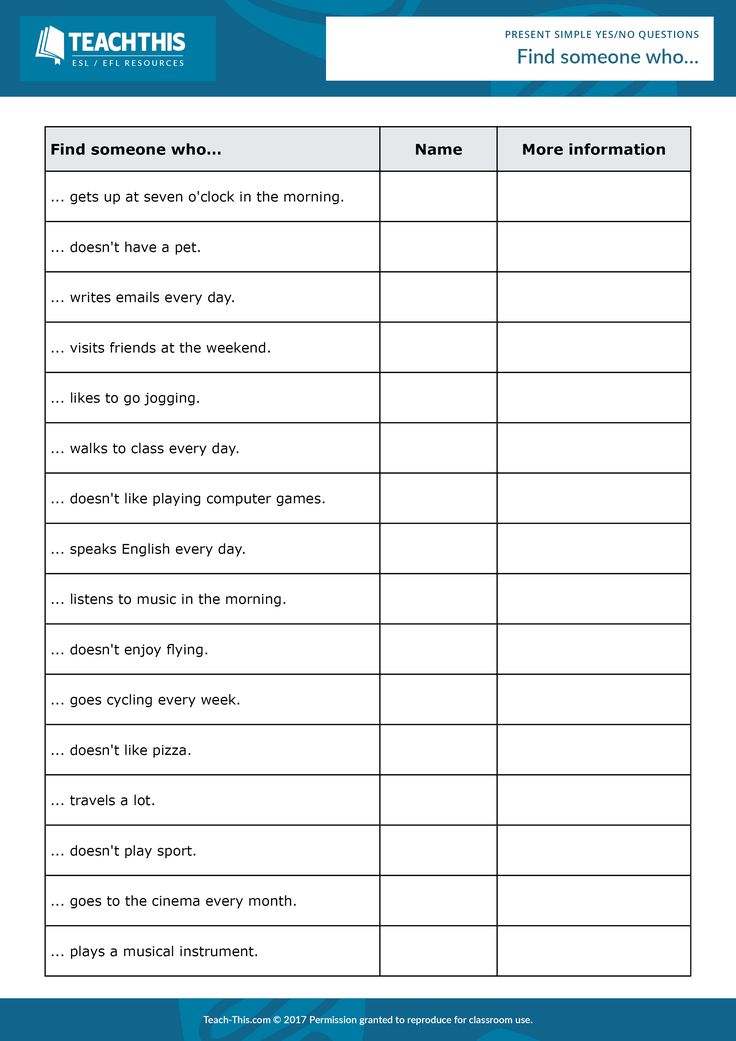
1. Discover who you are.
The more you understand who you are, the more you’ll be able to choose a career path that best suits you. When I was struggling to choose my next steps during a major career decision, I took a variety of personality tests to help me make my decision. I don’t recommend basing your entire career decision off of one personality test. Taking a variety of tests, however, and looking for trends among the results can be incredibly eye-opening and helpful. Some of my favorites are the Myers-Briggs test, Sally Hogshead’s website www.howtofascinate.com, and the Holland Code. Discovering my strengths through the book Strengths Finder 2.0 was also very helpful for me, and I highly recommend you read it if you haven’t.
2. Find what lights you up.
When you discover what lights you up, and you combine it with your innate strengths in a job that fits your personality well, you can make a huge impact. Finding what lights you up might take awhile, but it’s worth seeking. Here is a great workbook to help you find your passion. Discovering what lights you up can help you enjoy your life immensely.
Here is a great workbook to help you find your passion. Discovering what lights you up can help you enjoy your life immensely.
⌄ Scroll down to continue reading article ⌄
⌄ Scroll down to continue reading article ⌄
3. Choose work that allows you to focus your life on your priorities.
I’m convinced that one reason millions of people are dissatisfied with their lives is because they choose careers and then try to fit their lifestyle around their careers. Instead, it can be beneficial to first think about your priorities and your ideal lifestyle, and choose work that fits into the life you desire. Choosing a career path that allows you to focus your life on what matters most to you can greatly increase your life satisfaction.
4. Dare to blaze your own trail.
If you’re feeling stir-crazy in your career, it might be time to shake things up. Consider this: a dolphin is an amazing animal that thrives in the ocean. Put the dolphin in a rainforest, however, and it will quickly die, even though the rainforest is a perfect environment for many other creatures. Does the fact that dolphins don’t do well in the rainforest mean that dolphins are big losers who should change themselves? Of course not. All it means is that the rainforest isn’t a suitable environment for dolphins.
Put the dolphin in a rainforest, however, and it will quickly die, even though the rainforest is a perfect environment for many other creatures. Does the fact that dolphins don’t do well in the rainforest mean that dolphins are big losers who should change themselves? Of course not. All it means is that the rainforest isn’t a suitable environment for dolphins.
If you’re feeling frustrated and stifled at your job, it’s time to do some self-reflection. Even if your job is pretty decent and the people around you are enjoying it, that doesn’t mean it’s necessarily the best fit for you. It might be time for you to blaze your own trail and design a career that suits you amazingly well.
⌄ Scroll down to continue reading article ⌄
⌄ Scroll down to continue reading article ⌄
5. Seek help.
It can be helpful to seek the assistance of a career counselor or a coach to help you choose the best career path for you.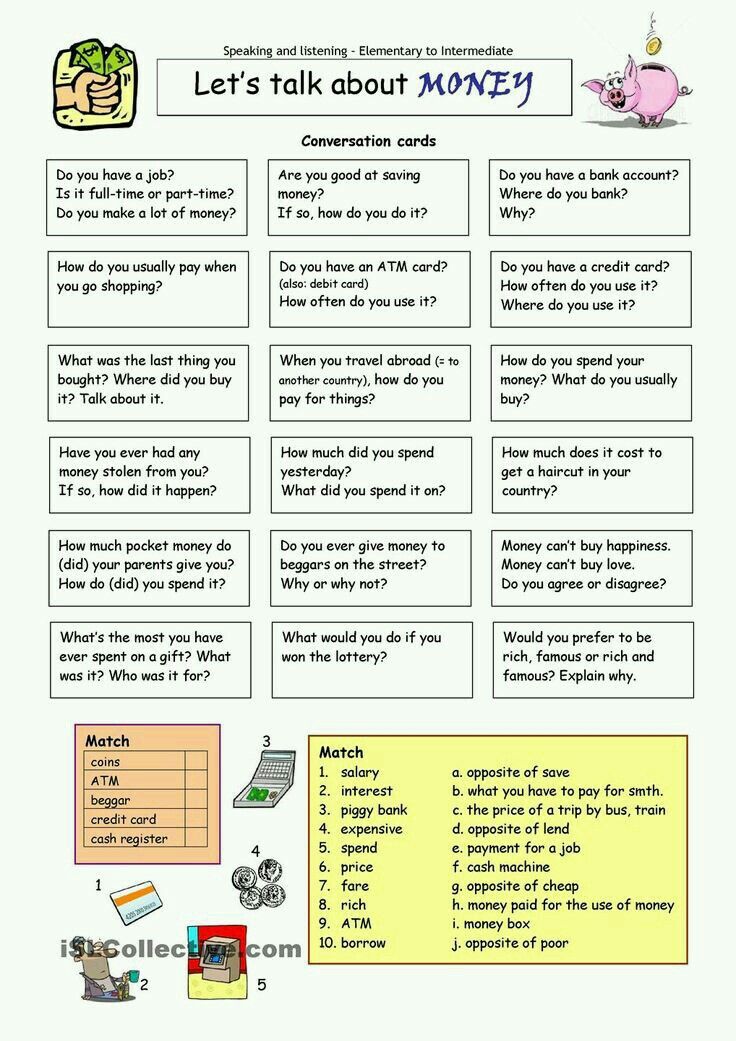 Having the objective insight from someone not closely involved in your life might be exactly what you need to have a breakthrough.
Having the objective insight from someone not closely involved in your life might be exactly what you need to have a breakthrough.
6. Build your tribe.
Build a tribe of encouraging, inspiring people in your life. As Jim Rohn said, “You are the average of the 5 people you spend the most time with.” Choose the people you hang out with wisely; they will greatly affect what you do with your life and their support can help you do work you love.
When you do work you love, life becomes much more awesome. Continue your quest to do work you love. It can be a difficult journey to navigate but totally worth it.
⌄ Scroll down to continue reading article ⌄
⌄ Scroll down to continue reading article ⌄
Featured photo credit: Philip Male/https://flickr.com via flickr.com
9 ways to find a job you love if you don't know what you want to do
It's okay not to know what you want to do in life. Since childhood, limiting beliefs have been imposed on us, calling our dreams frivolous. As a result, we refuse those professions that really attract us, and suffer from a lack of understanding of where to direct our potential.
Since childhood, limiting beliefs have been imposed on us, calling our dreams frivolous. As a result, we refuse those professions that really attract us, and suffer from a lack of understanding of where to direct our potential.
If you are confused about yourself and your desires, you can use several methods below to help you find a job you love.
1. Don't listen to other people
This is perhaps the most important point if you really want to realize your potential and take place in your favorite profession. People around you will not tell you how to find your calling - they will only criticize your choice and confuse you even more. The same applies to close people: they want the best for you, and therefore they will advise you to choose a profession based on its simplicity and salary level.
Focus only on your feelings. Think about everything you wanted to do, even if you think these activities are stupid and useless. The main thing is that the work brings you pleasure and allows you to realize your ambitions.
2. Make a list of what you can do
You can open yourself up to new professional opportunities simply by making a list of everything you know. Perhaps you are an excellent swimmer, you know how to convey complex information to other people, you understand the exact sciences, you like to write content on social networks, you take pictures of your friends, or you often go on independent trips with a rich cultural program. Any knowledge and skills can be monetized if you have such a desire.
You don't have to be a professional at anything - if you like what you do, you can take courses, master classes or get an internship. The main thing is not to sit back and not look for excuses.
3. Remember what personal qualities you have
When choosing a profession, personal characteristics are as important as knowledge and skills. For example, it will be extremely difficult for a non-communicative person to build effective relationships with clients, but a sociable and loving person will find it difficult to work that excludes interaction with other people.
Think about what personality traits and behaviors would make you an ideal candidate for a job. Maybe you are stress-resistant, initiative, analytical, or you have leadership qualities that you want to show. It is easier to choose a profession when you know what you can offer the employer.
4. Analyze what you like and dislike in different professions
At this stage, after making a list of your knowledge and skills, as well as analyzing personal qualities, you should already identify several professions for yourself. If not, don't worry. Try to do it now by identifying what attracts and repels you in various specialties.
Divide the sheet into two columns: in one you will write what you like about work, and in the second - what you would not like to do. Try to list as many points as possible and make them as specific as possible. For example, in the “dislike” column, you can include sedentary work, irregular hours, floating holidays, informal employment, working more than eight hours a day, etc.
5. Try to understand what your main goal in life is
In fact, there may be several targets. Your task is to calculate exactly those goals that resonate in your heart. If you do not understand how a life goal is connected with the choice of a profession, we will explain: directly. The purpose of life is what you attach great importance to and strive for, despite external circumstances or the opinions of other people.
You can make it your goal to help people around you, access to passive income, the opportunity to see the whole world, etc. When you have a clear goal in life, it is much easier for you to navigate and choose a profession that will help you achieve what you want.
5 questions that will help you understand the purpose of your life
6. Choose a job that does not contradict your beliefs and values
them. Otherwise, the work will only take away your strength and make you disappointed in yourself. Take time to think about what you can't do because of your values and beliefs.
Take time to think about what you can't do because of your values and beliefs.
7. Get rid of the fear of change
Many people are unable to find their dream job because of fear of change - fear that you are already too old to change profession, that you will lose stability or that you will not have enough experience in a new place. Fear is perhaps one of the most dangerous deterrent forces. But try to think about this: if you think it’s too late or dangerous to change jobs now, then what will happen in five or ten years. Most likely, you will continue to suffer from a feeling of unfulfillment, convincing yourself that you should have looked for another profession much earlier.
If you are currently working but do not feel that you have really found your life's work, then you need a change. And the sooner the better.
8. Remember the people you envy
Maybe you have a friend or acquaintance who periodically tells you about his work, even if not the most interesting and exciting stories that you always listen to with special delight. Perhaps his stories even make you feel envious, and you begin to think about how you would like to be in his place. If you are familiar with the described situation, then do not waste your time and try to try yourself in a new profession. Maybe this is the work of your life.
Perhaps his stories even make you feel envious, and you begin to think about how you would like to be in his place. If you are familiar with the described situation, then do not waste your time and try to try yourself in a new profession. Maybe this is the work of your life.
9. Don't put money first
Very often, when a person does not know what he wants to do, it is the money factor that plays the decisive role in his decision. You start looking not for the profession that realizes your inner potential, but for the one that will bring more income. This is the wrong approach to finding a job, because when you find the specialty of your dreams, you get the opportunity to monetize your knowledge and skills and start earning as much as you want.
Where does the money go: how to properly keep track of your finances
How to find a job you like and not screw up - Career on vc.ru
My name is Anya, I'm 31, and I love my job guided in the selection.
25539 views
Three legs
Three main questions I answered myself:
- What am I doing?
- Where do I do it?
- Why am I doing this?
What is a question about a function. What is usually called the word profession - manager / accountant / programmer.
Where do I do it - a question about the field of activity. You can be a manager in small aviation, and in IT, and in kindergarten. A field of interest adds a separate pleasure to the process.
Why am I doing this - a question about ultimate meanings and goals. It is important that the achievement of personal goals helps to achieve the goals of the company. These goals must be consistent, at a minimum - not contradict.
And now more.
What am I doing? Feature
The main mistake of people who are looking for their destiny is the search for activities that give pleasure.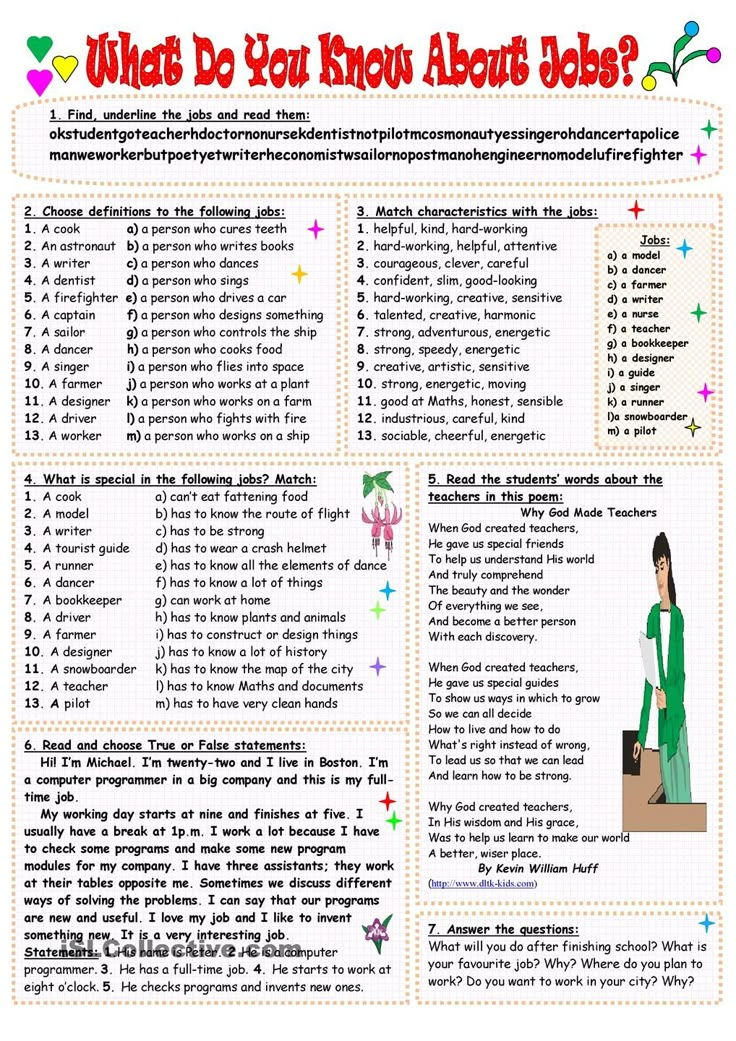 It is a big delusion to think that the work of a vocation will save you from pain, suffering and problems. And here's why:
It is a big delusion to think that the work of a vocation will save you from pain, suffering and problems. And here's why:
Suffering is biologically useful. Pain in all its manifestations is an effective way to get a person off the couch.
Evolution will not allow a person to relax. Pain, suffering and problems are our companions until death do us part. Sounds like a sentence, but as old Mark Manson writes:
Happiness comes from solving problems. The key word here is decision. Not avoidance, not denial, not shifting responsibility. Deciding is the way to happiness. True happiness comes when you find problems that you enjoy solving.
In a world where problems cannot be avoided, the only freedom available to us is the freedom to choose problems to our liking.
Ask: What problems do I enjoy solving?
For example, I got the following list:
- I like to create order out of a mess
- I like to make the incomprehensible clear
- I like to make ugly beautiful
- I like to explain to others what they don't understand
The word "problem" can have different definitions. In this context, I was looking for tasks that many do not like to do (problem), but I like it. For example, cleaning up an apartment is a headache for many, and I don’t even notice how I’m putting it in order.
In this context, I was looking for tasks that many do not like to do (problem), but I like it. For example, cleaning up an apartment is a headache for many, and I don’t even notice how I’m putting it in order.
You can observe what processes are bad for people and good for you, and you will learn a lot about what you are good at.
This technique shifts the focus of attention from finding a profession to finding a problem, which leads to a new level of understanding of what is happening. We live in a world of fashionable professions, but in reality, no one hires a person to close a position in a company. A person is hired to solve a problem. By omitting the question of the name of the profession, you can immediately go to the point - it favorably highlights at the interview.
The problems that humanity solves have not changed for thousands of years. The way to solve them is constantly changing.
Like two hundred years ago, we need to move from point A to point B, exchange messages, look for housing, teach children. But look how differently we solve the same problems today.
But look how differently we solve the same problems today.
Focus on what doesn't change and you'll never be out of a job. And it does not matter what this profession will be called in 10 years.
Where do I do this? Field of activity
Most businesses solve similar problems - look for customers, sell something, build teams and business processes. If you know how to solve problems, you will be useful everywhere, but you can choose what you like. Small aviation, cosmetology, retail, construction, space?
You can successfully solve problems in any area, but in your favorite one it is more pleasant to do it. I am a supporter of following my own interests. Then any conference or article on the topic is a joy, and the growth of expertise occurs organically.
Interests can change many times in a lifetime, which is great. Your core - the problems that you know how to solve - remains with you, but at the same time you can try so many new things.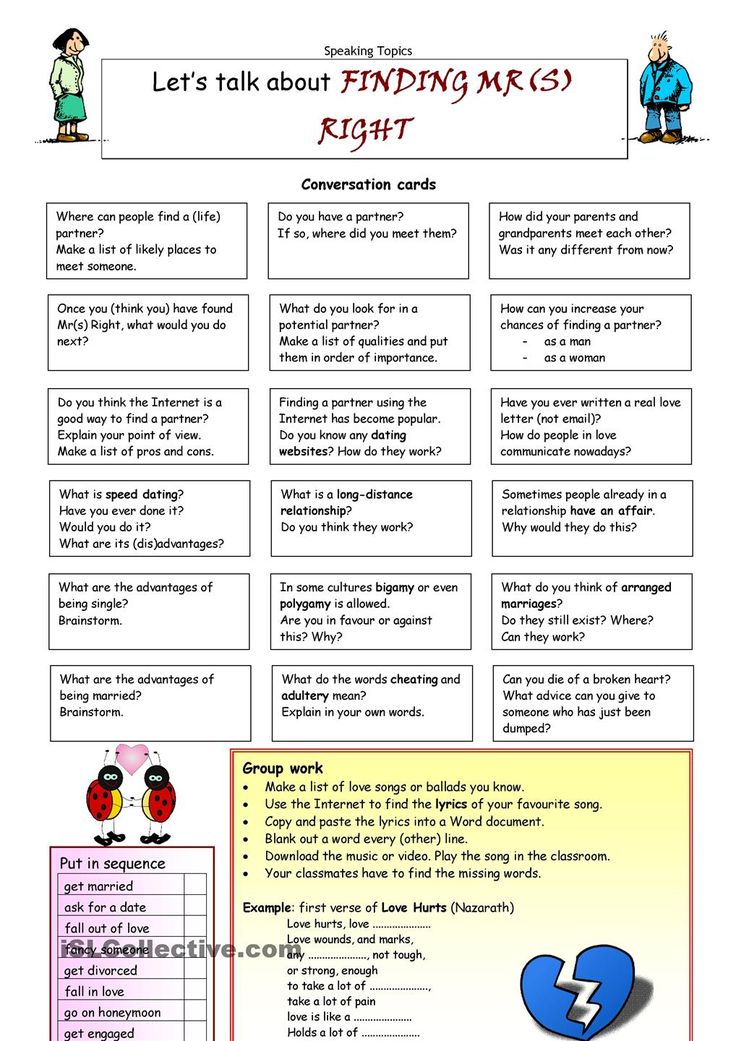
Why am I doing this? Goals and values
Any action in life a person performs for himself. When it seems to us that we are unselfishly doing good for others, we still do it for ourselves: at least in order to enjoy helping another.
An important truth: every action at work is performed by us solely for our own benefit.
It's bad when the benefit is to avoid pain:
- so that I don't get fired;
- for the boss to fall behind;
- to pay the mortgage;
It's good when the benefit lies in having fun:
- I will learn something new;
- I will get a cool case in my portfolio;
- clients will feel better and I am happy about it;
Why do you go to work? What do you really want from your career? Not a single wind will be fair if the ship does not know where to sail.

